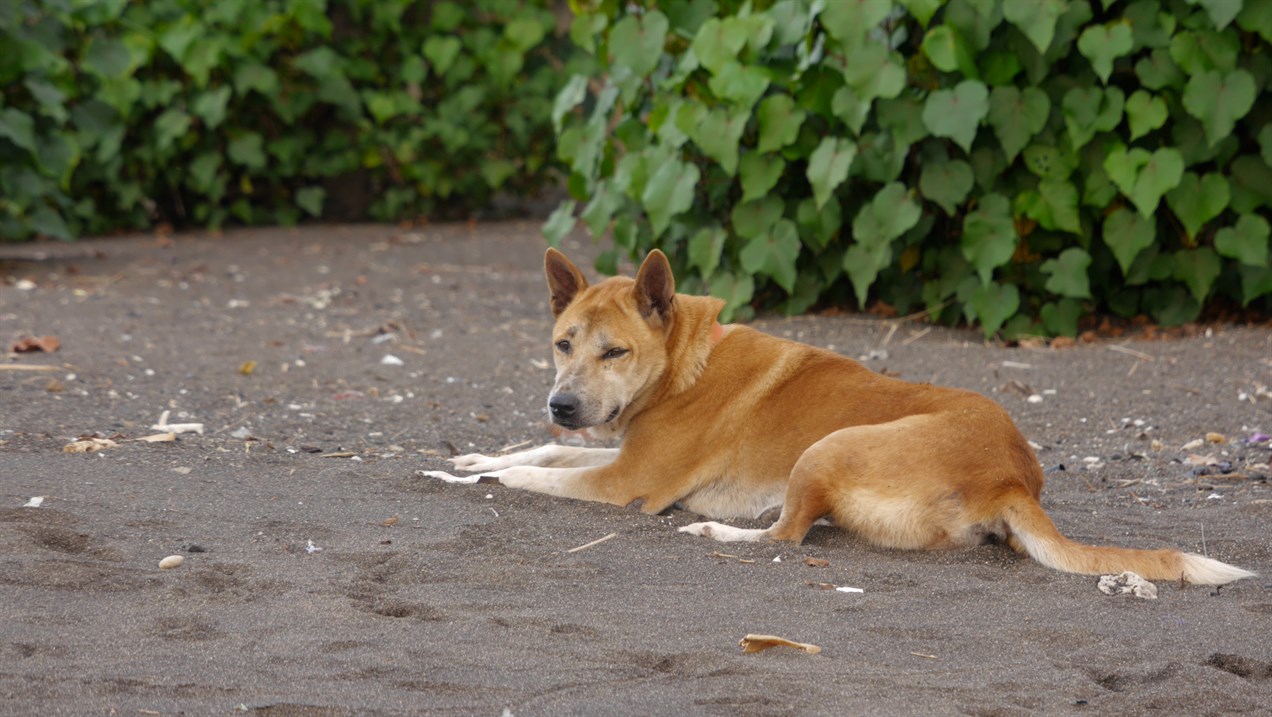Feeding Habits and Food Requirements of the Jindo Dog

Proper nutrition is crucial for the health and well-being of the Jindo Dog. This breed has specific feeding habits and dietary requirements that should be considered when providing them with food. Here's what you need to know.
Quality Dog Food
Choose high-quality commercial dog food that is appropriate for your Jindo's age, size, and activity level. Look for options that list a high-quality protein source (such as meat, poultry, or fish) as the first ingredient. Avoid dog foods with excessive fillers and artificial additives.
Age and Life Stage
Jindos, like all dogs, have different nutritional needs at various life stages. Puppies require a balanced puppy food to support their growth and development. Adult Jindos need maintenance or all-life-stages dog food, while seniors may benefit from formulas designed for older dogs.
Portion Control
Monitor your Jindo's portion sizes to prevent overfeeding or underfeeding. Feeding guidelines on the dog food packaging can provide a general idea of how much to feed, but individual needs may vary based on activity level and metabolism. Consult with your veterinarian to determine the appropriate portion size for your specific Jindo.
Meal Frequency
Jindo Dogs typically do well with two meals a day. Splitting their daily food allowance into two portions can help prevent overeating and maintain steady energy levels. Avoid feeding immediately before or after intense exercise to reduce the risk of stomach issues.
Avoid Free Feeding
Free-feeding, where food is left out all day for your dog to graze, is not recommended for Jindos. It can lead to overeating and obesity, which is a concern for this breed.
Fresh Water
Ensure that your Jindo has access to clean and fresh water at all times. Proper hydration is essential for digestion and overall health.
Protein and Fat
Jindos are an active breed, and they benefit from a diet with a moderate to high protein content to support their muscle health. Additionally, they may benefit from a diet with moderate fat content to provide sustained energy for their active lifestyle.
Be Mindful of Allergies
Some Jindos may have food allergies or sensitivities. If you notice signs of allergies, such as itching, gastrointestinal upset, or skin issues, consult with your veterinarian to identify potential allergens and adjust their diet accordingly.
Avoid Table Scraps
Resist the temptation to feed your Jindo table scraps or human food. Many human foods are not suitable for dogs and can lead to digestive problems or even toxicity.
Regular Vet Check-ups
Schedule regular veterinary check-ups to monitor your Jindo's weight, overall health, and nutritional needs. Your veterinarian can provide guidance on appropriate dietary adjustments based on your dog's specific requirements.
In conclusion, feeding your Jindo Dog high-quality commercial dog food tailored to their age and activity level, along with portion control and proper hydration, is essential for their health and well-being. Be mindful of allergies and consult with your veterinarian if you have any concerns about your Jindo's diet. Providing the right nutrition will help your Jindo live a healthy and active life.
Jindo Dog puppies for sale
- Find Jindo Dog puppies for sale in ACT
- Find Jindo Dog puppies for sale in NSW
- Find Jindo Dog puppies for sale in NT
- Find Jindo Dog puppies for sale in QLD
- Find Jindo Dog puppies for sale in SA
- Find Jindo Dog puppies for sale in TAS
- Find Jindo Dog puppies for sale in VIC
- Find Jindo Dog puppies for sale in WA